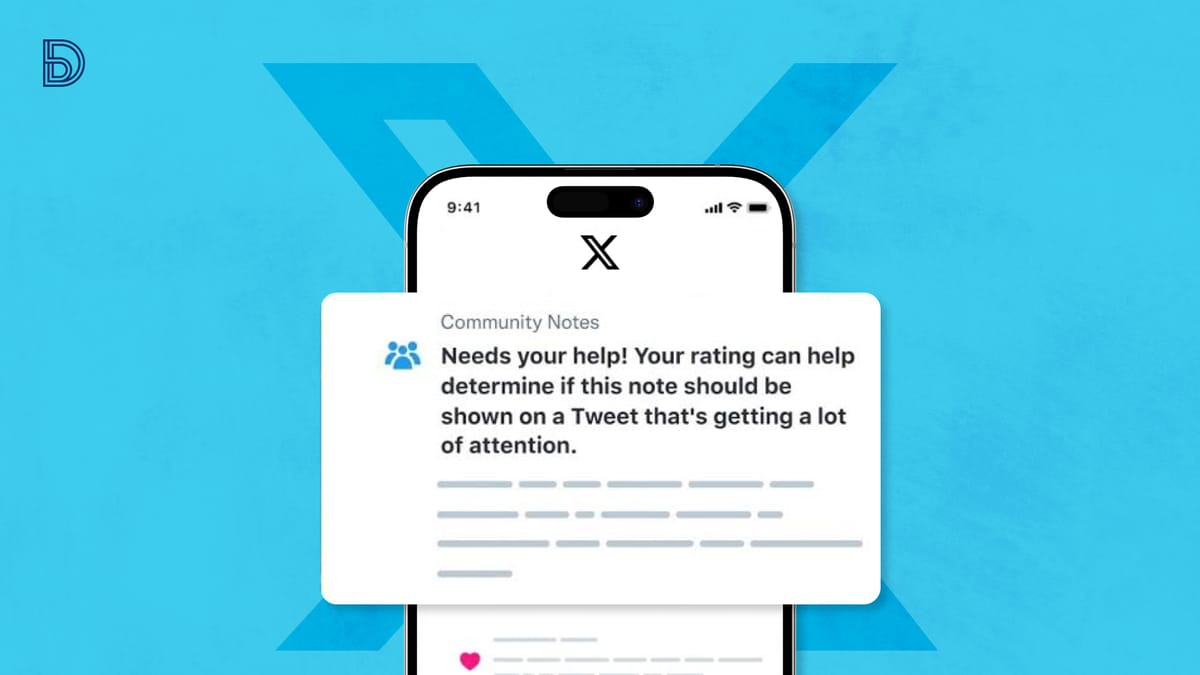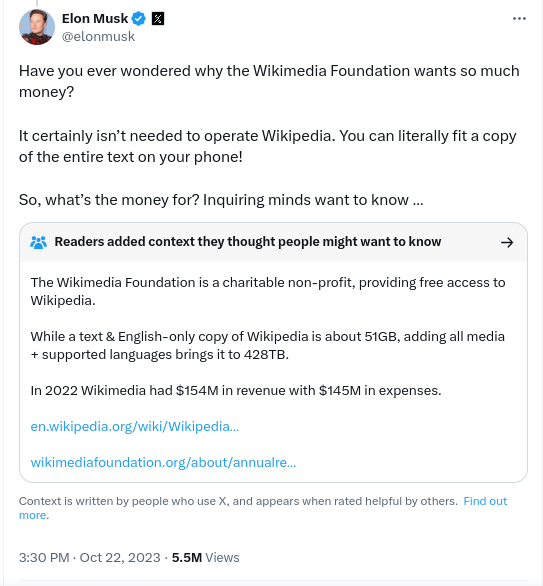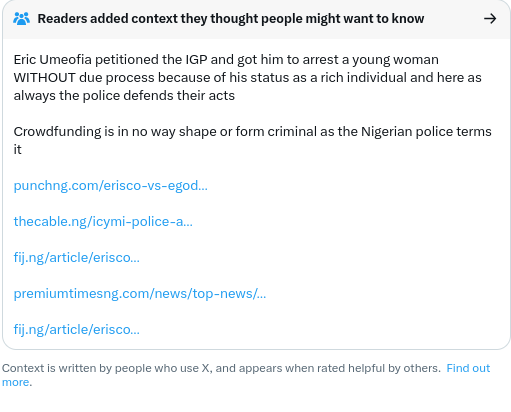X, social media’s paradoxical bastion of authentic information
As X evolves into its new phase under Elon Musk's leadership, it does so along the treacherous waters of content moderation

Breaking news. Unpopular opinions. Heated discourses. Without these, it’s almost impossible to describe the status quo of X (formerly Twitter).
For most people, it is the social media capital of hot takes, for a select few a money-making machine, and for others, a shadow of its glorified past. Having been under the [new] leadership of Elon Musk, it has become something more—a freedom of speech stronghold.
But free speech, while championed as a basic value, comes at a huge cost. As X evolves into its new phase, it does so along the treacherous waters of content moderation. Striking delicate balance between fostering an environment unrestrictive of expression and mitigating the harms stemming from misinformation is no walk in the park. User safety and community cohesion become paramount.
While the platform must strive to uphold open discourse ideals, it also has to contend with the possible consequences of things like unchecked speech--including harassment, hate speech, and more importantly, misinformation.
With a lot of these flying around in a “reimagined” space where impressions are used to earn dollars, it is crucial to strike that much-needed balance.
Community feedback in play
On April 6, Paul Graham, a notable tech investor who co-founded Y Combinator, asserted in a tweet that a cold-emailed novel project proposal he had received including the word “delve” was likely generated by artificial intelligence. The take, which now has over 17 million views, sparked controversy—a debate on cultural nuances within AI algorithms.
Africans, particularly Nigerians, swiftly countered Graham’s claim, throwing into the spotlight the diverse usage of English vocabulary across the world. After many reader submissions on the matter, X’s Community Notes feature added more context to his tweet, tracing the thin lines between different use cases of the English Language.
“People who learned English as a second language or in countries with a British colonial past use words one may not find in everyday American use. They learned English by reading complex books and dictionaries. Delve is not a regular word used in conversations amongst them, not AI-sourced,” the now-removed Community Notes sub-post read.
In a separate instance, Elon Musk in October 2023 tweeted about the Wikimedia Foundation’s alleged wanting for serious money. Soon after, however, clarification on the matter came from the Notes feature.

To foster a safe, inclusive interaction, X relies heavily on collective wisdom and inputs from its user base. Community Notes acts as the bedrock on which its content moderation policies are built, mirroring the values and boundaries agreed upon by its diverse collection of users. Through reports, feedback, and collaborative moderation, it enables users to actively partake in shaping discourse and policing behaviors.
Community Notes is no new feature. It is a rebranded form of Birdwatch, which was rolled out in 2021 when founder and former CEO Jack Dorsey still called the shots. Changed after Musk’s billion-dollar acquisition, it has nearly the same function: a large-scale fact-checking system based on crowdsourcing. With this method, anyone with access to the program can contribute to correcting misconceptions or hoaxes.
Users who are members of the initiative, referred to as moderators, can add notes that flag misinformation. When added, the notes reference and embed links from the original publishers. Meanwhile, other Tweeps can tweet along with the additional note, give responses, and assess whether or not the provided interjections are helpful.

“I think that Community Notes, where it has been democratised, has been useful. There is usually bias and if misinformation exists where biased documentation already exists, it can be used as a reference in community notes, which is where my primary issue with it lies,” Ezeh Covenant, a marketing and research specialist, explains.
“However, in comparison with others, X is currently doing the best work at the product feature level,” Ezeh, who has worked with a couple of Nigerian brands, tells Bendada.com.
But not so perfect?
With hundreds of millions of users traversing X, it is a formidable social media force. In March 2023, Elon claimed that the platform had reached a 500 million monthly user milestone. Despite its vast base, global reach, and strategy to combat falsehood, it often struggles to contain its spread. The challenge is exacerbated by shortcomings in community engagement.
Per the Journal of Online Trust and Safety, out of the almost 7,000 unique contributors who have contributed to the notes from the start of the program to February 24, 2023, over 80% have not written a helpful one. “Of those who have written a note locked as “helpful,” 92% have done so four or fewer times. Only five users have written 50 or more “helpful” notes,” the report reads.
For some observers, X's response to this challenge appears less robust compared to its counterpart, Facebook. In an exchange with Bendada.com, Bright Azuh, a brand strategist familiar with social media dynamics, who has worked with numerous brands, elucidates the comparison.
“It’s less effective than Facebook. X is a lot more reactive than proactive. When one tweets something wrong, it takes another to report it for the platform to consider taking the post down or suspending the account. Facebook, on the other hand, has a lot more content restriction, several avenues to combat misinformation," Azuh, Marketing Lead at Teesas Education, says.
“There are some languages one would use on Meta platforms, and one’s account would be automatically flagged. Neither Facebook nor X is perfect, but the former is more proactive. As someone who has done social media strategy for many brands, I have come across one too many instances of misinformation on X,” she added.
In the ever-evolving landscape of virtual discourse, the role of community norms and collective governance is a key linchpin in reconciling the ideals of free speech with the imperatives of safety and inclusivity.
As X continues to evolve under Elon Musk's leadership, the efficacy of these community-driven mechanisms will continually be put to the test, shaping the future trajectory of the platform, as well as its role in the broader digital ecosystem.
“When I was active on Reddit and Quora, getting feedback from users was ingenious. X has become quite popular, from Covid to black lives matter, and [to] the wars in Ukraine and Gaza. These events come with the expectation of misinformation. Live feedback helps people transition from passive to active readers,” says Faith Nteogwuija, a digital marketing strategist.
“The only risk I can see is the mob action. The platform must deal with the bot accounts; currently a user has to be 6 months old on the platform to be a community contributor. But, we have seen cases where people who have been on the platform for a long time forming left-side groups just to influence public opinion,” Nteogwuija tells Bendada.com.







Comments ()